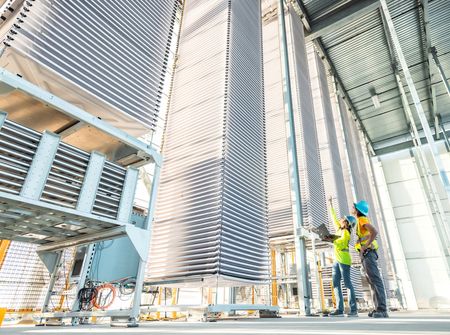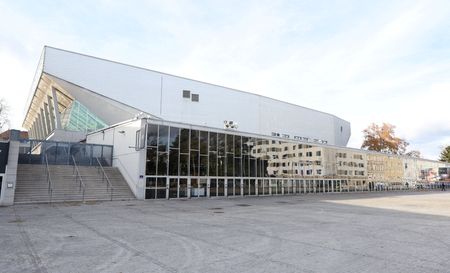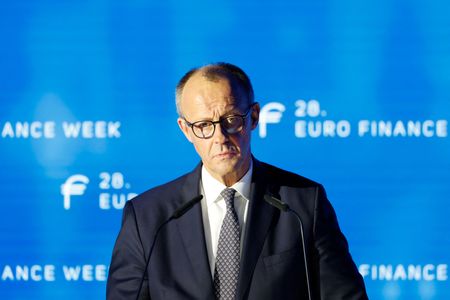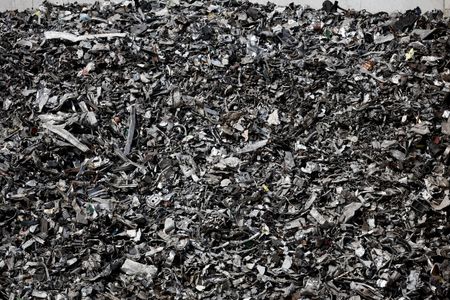OSLO (Reuters) -Oslo-listed Vaar Energi, majority-owned by Italy’s Eni, raised its dividend on Tuesday as the oil and gas exploration and production company reported a fourth-quarter operating profit in line with expectations.
Vaar’s earnings before interest and tax (EBIT) for the October-December quarter rose to $1 billion from $399 million a year earlier, in line with the average $1.03 billion forecast in a company-provided poll of 13 analysts.
The company said it will increase its dividend for the first quarter of 2025 to $300 million, or 1.213 Norwegian crowns per share, from $270 million for the fourth quarter.
For the full year, it plans to distribute 25%-30% of its cash flow from operations (CFFO) after tax, compared to the previous guidance of 20%-30%.
Compared to the full year of 2023, Vaar’s output rose by 31% to 280,000 barrels of oil equivalent per day (boepd) due to the acquisition of Neptune Energy’s Norwegian assets and the start-up of new projects.
“Vaar Energi is set for significant production increase as we enter 2025, a year of transformational growth for the company, and we’re on track to reach more than 400,000 boepd in the fourth quarter,” CEO Nick Walker said in a statement.
Vaar said the Equinor-operated Johan Castberg oilfield in the Barents Sea was expected to come on stream in the first quarter, while its own Balder X development was set to start output by the end of the second quarter.
Castberg, where Vaar has a 30% stake, is expected to add around 66,000 boepd net to Vaar’s production alone when it hits plateau production, it said.
“Considering the shares have been weak into this report and 2025 guidance being broadly in line with consensus in combination with a raised dividend slightly offset by the raised long-term capex, we expect the shares to outperform peers by about 1%–2% today,” analysts at DNB Markets said in a note.
Vaar increased its long-term capital expenditure guidance for 2026-2030 to $2 billion-2.5 billion, compared to the previous guidance of $1.5 billion-2 billion for 2027-2028, it added.
(Reporting by Nerijus Adomaitis; Editing by Terje Solsvik and Muralikumar Anantharaman)






